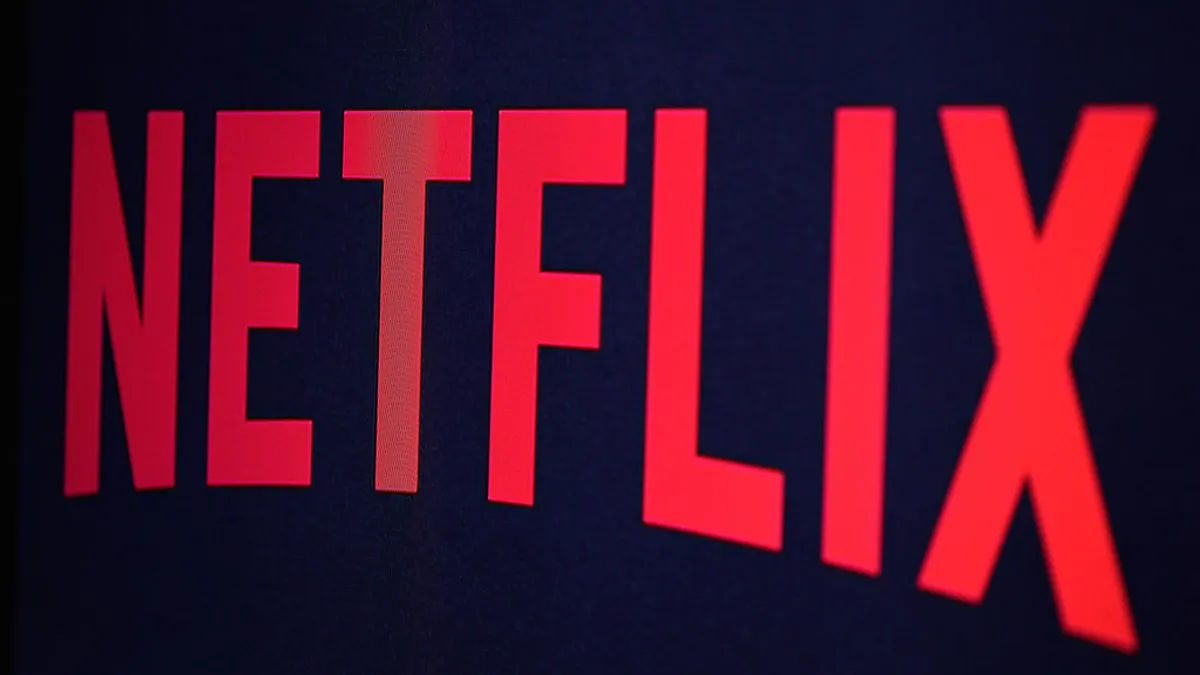Dive Brief:
- Netflix Chief Talent Officer Sergio Ezama disputed a report by The Wall Street Journal on Thursday that the company had reversed course on its policy allowing employees to take “unlimited” parental leave within the first year of their child’s birth, stating in an email to HR Dive that “we have not pulled back on our parental leave policy.”
- According to the Journal’s report, which cited a review of internal communications as well as interviews with current and former employees, Netflix “walk[ed] back” the unlimited leave policy amid a “wider cultural reset” that coincided with other cost-cutting measures initiated after experiencing a financial downturn.
- But a Netflix spokesperson told HR Dive that its parental leave policy “has always been ‘take care of your child and yourself.’” The company also pointed to a June blog post by Ezama in which he wrote that “we’ve found that giving people the freedom to use their judgment is the best way to succeed long term."
Dive Insight:
Per the WSJ report, Netflix has made an effort to put parameters around its parental leave policy since announcing the “unlimited” perk nearly a decade ago. The newspaper said this process began “within 24 hours” of the policy’s announcement as Netflix addressed requests for a full year of parental leave, while some employees who had just returned from leave asked if they could receive extensions.
WSJ quoted internal messages from a Netflix HR official stating that the company did not plan for employees to use the full first year after childbirth as a “‘starting point’” nor did it view the policy as permitting one year of leave.
The Journal also reported — and the Netflix spokesperson confirmed to HR Dive — that the average parental leave at Netflix over the previous four years has sat at about six months for U.S. employees and at about seven-and-a-half months for employees outside the U.S.
Ezama’s blog post noted that while Netflix saw “a few people [who] have taken advantage of our culture,” the company’s “emphasis on individual autonomy has created a very successful business.” He also said the company did not have an expenses or vacation policy.
“This is because in our industry, the biggest threats are a lack of creativity and innovation,” Ezama wrote. “And we’ve found that giving people the freedom to use their judgment is the best way to succeed long term."
U.S. employers have generally sought to increase their leave offerings in the near-term. A November 2023 WTW survey of 517 employers found that 84% said they planned to make changes such as enhancing parental, bereavement and caregiver leave policies over a two-year period. Some employers also have sought to make those policies more accessible; insurer QBE North America announced last May that it would offer its 12-week paid parental leave policy to new employees beginning their first day on the job.
But some friction remains even as employers embrace expanded leave programs. For example, only 1 in 10 Russell 1000 companies provided at least 12 weeks of paid parental leave to both primary and secondary caregiving workers, a 2023 JUST Capital report found. A separate 2023 survey by HR software company Remote found that 15% of workers did not take all of their available parental leave.
The U.S. does not have a federal paid leave requirement despite years of effort put forth by both Republican and Democratic legislators as well as a number of interest groups. President-elect Donald Trump has signaled support for paid parental leave in the past, and his running mate, Vice President-elect J.D. Vance, said during an October debate that he supports the establishment of a national paid leave program.













